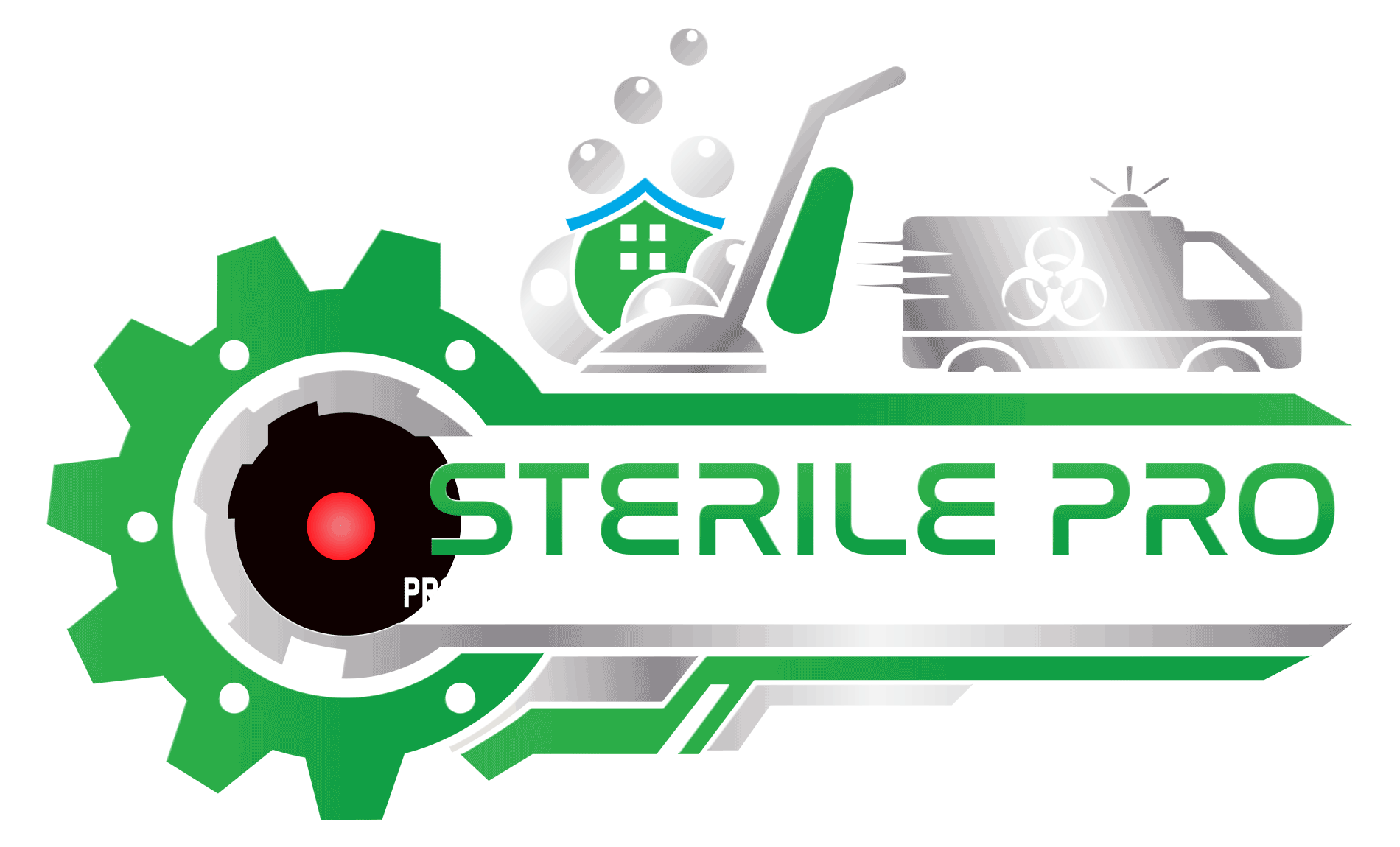Scaling your sanitation franchise business : Strategies for Growth

Scaling a sanitation franchise business requires more than just ambition—it demands a strategic approach that combines industry knowledge with astute business acumen. As the demand for professional cleaning services continues to rise across residential, commercial, and specialized sectors, franchise owners have a unique opportunity to expand their operations and maximize profitability. This introductory guide explores essential strategies and considerations for scaling your cleaning franchise business effectively.
Firstly, understanding the market dynamics is crucial. The cleaning industry is diverse, encompassing everything from standard janitorial services to niche offerings like medical facility sanitation and eco-friendly cleaning solutions. Each segment presents its own growth opportunities and challenges, requiring tailored approaches to marketing, operations, and customer retention.
Moreover, operational scalability hinges on establishing robust systems and processes. Efficient scheduling, quality control measures, and workforce management are pivotal in maintaining service excellence as your franchise expands. Implementing scalable technologies such as automated scheduling software and mobile apps for real-time communication can streamline operations and enhance service delivery.
Financial planning is another cornerstone of successful scaling. From securing initial franchise financing to managing cash flow during growth phases, prudent financial management ensures stability and supports future expansion initiatives. This includes leveraging economies of scale through bulk purchasing agreements and optimizing pricing strategies to remain competitive without compromising profitability.
Equally important is cultivating a strong brand presence and reputation. In a competitive market, brand recognition and trustworthiness are significant differentiators. Investing in marketing strategies that highlight your franchise’s unique value proposition, customer testimonials, and industry certifications can bolster credibility and attract new clientele.
Lastly, fostering a culture of continuous improvement and innovation is essential for sustained growth. Adapting to industry trends, integrating new technologies, and staying ahead of regulatory changes demonstrate your franchise’s commitment to excellence and client satisfaction.
By integrating these strategies into your expansion roadmap, you can navigate the complexities of scaling your cleaning franchise business with confidence and achieve long-term success in a thriving industry landscape.
Understanding Market Dynamics and Segment Opportunities
The cleaning industry spans various sectors, each with distinct growth potentials and challenges. Residential cleaning services cater to homeowners and renters seeking regular upkeep, while commercial cleaning targets businesses, offices, and industrial facilities. Specialized cleaning, such as medical facility sanitation or eco-friendly services, taps into niche markets with specific needs and regulatory requirements. Understanding these dynamics helps franchise owners identify lucrative opportunities and tailor their strategies accordingly.
Building Scalable Operational Systems
Operational efficiency is crucial for scaling a cleaning franchise. Establishing robust systems and processes ensures consistent service quality and customer satisfaction across multiple locations. Automated scheduling software optimizes workforce deployment, minimizes scheduling conflicts, and enhances productivity. Quality control measures, including regular audits and client feedback mechanisms, uphold service standards and identify areas for improvement. Scalable operational systems not only streamline daily operations but also lay a foundation for sustainable growth and expansion.
Strategic Financial Management for Growth
Financial planning is integral to scaling any business, including cleaning franchises. Securing initial funding for franchise acquisition and expansion requires a clear understanding of investment requirements and potential returns. Effective cash flow management ensures liquidity during growth phases and supports ongoing operational needs. Negotiating favorable terms with suppliers and vendors through bulk purchasing agreements reduces costs and improves profit margins. Strategic pricing strategies, aligned with market demands and competitive analysis, maximize revenue without compromising service quality.
Enhancing Brand Visibility and Reputation
Building a strong brand presence is essential for attracting and retaining customers in a competitive market. Effective marketing strategies highlight the franchise’s unique value proposition, industry expertise, and commitment to customer satisfaction. Leveraging digital marketing channels, such as social media, SEO-optimized content, and online reviews, enhances brand visibility and credibility. Maintaining industry certifications and affiliations underscores reliability and adherence to industry standards. Cultivating a positive reputation through exemplary service and client testimonials strengthens brand loyalty and attracts new business opportunities.
Investing in Technology and Innovation
Technology plays a pivotal role in modernizing cleaning operations and enhancing service delivery. Adopting innovative solutions, such as IoT-enabled cleaning equipment and mobile apps for real-time communication, improves operational efficiency and employee productivity. Predictive analytics tools optimize resource allocation and scheduling based on historical data and seasonal trends. Investing in eco-friendly cleaning products and practices not only meets consumer demand for sustainability but also positions the franchise as a responsible corporate citizen. Continuous innovation and adaptation to technological advancements differentiate the franchise in a rapidly evolving market landscape.
Expanding Geographical Footprint and Market Penetration
Geographical expansion is a strategic growth initiative for scaling a cleaning franchise business. Conducting thorough market research and feasibility studies identifies target demographics and geographic areas with high demand for cleaning services. Establishing new franchise locations or acquiring existing businesses expands market reach and enhances brand visibility regionally or nationally. Localized marketing campaigns tailored to regional preferences and cultural nuances attract local clientele and foster community engagement. Collaborating with local businesses, property managers, and commercial real estate agencies cultivates strategic partnerships and generates referral business opportunities.
Training and Development of Human Capital
Investing in workforce training and development is critical for maintaining service excellence and employee retention. Implementing comprehensive training programs ensures that employees are proficient in industry best practices, safety protocols, and customer service standards. Continuing education opportunities, certifications, and professional development workshops enhance employee skills and career advancement prospects. Cultivating a positive work culture that values teamwork, respect, and integrity fosters employee loyalty and reduces turnover rates. Empowering frontline staff with the necessary tools and support promotes job satisfaction and contributes to overall business success.
Adapting to Regulatory and Environmental Compliance
Compliance with regulatory standards and environmental regulations is non-negotiable in the cleaning industry. Staying abreast of local, state, and federal regulations ensures operational legality and minimizes legal risks. Adhering to industry-specific guidelines for sanitation, waste disposal, and hazardous materials management demonstrates corporate responsibility and enhances public trust. Integrating sustainable practices, such as water and energy conservation initiatives, aligns with consumer preferences for environmentally friendly services. Proactively addressing compliance issues and investing in eco-friendly solutions reinforce the franchise’s commitment to sustainability and community stewardship.
Conclusion
Scaling a cleaning franchise business requires a multifaceted approach that integrates market insights, operational efficiency, financial prudence, brand enhancement, technological innovation, geographical expansion, human capital development, and regulatory compliance. By strategically aligning these elements with overarching business goals and industry trends, franchise owners can navigate challenges and capitalize on opportunities for sustainable growth and long-term success in the competitive cleaning services market.
“For more information please click on this link“



